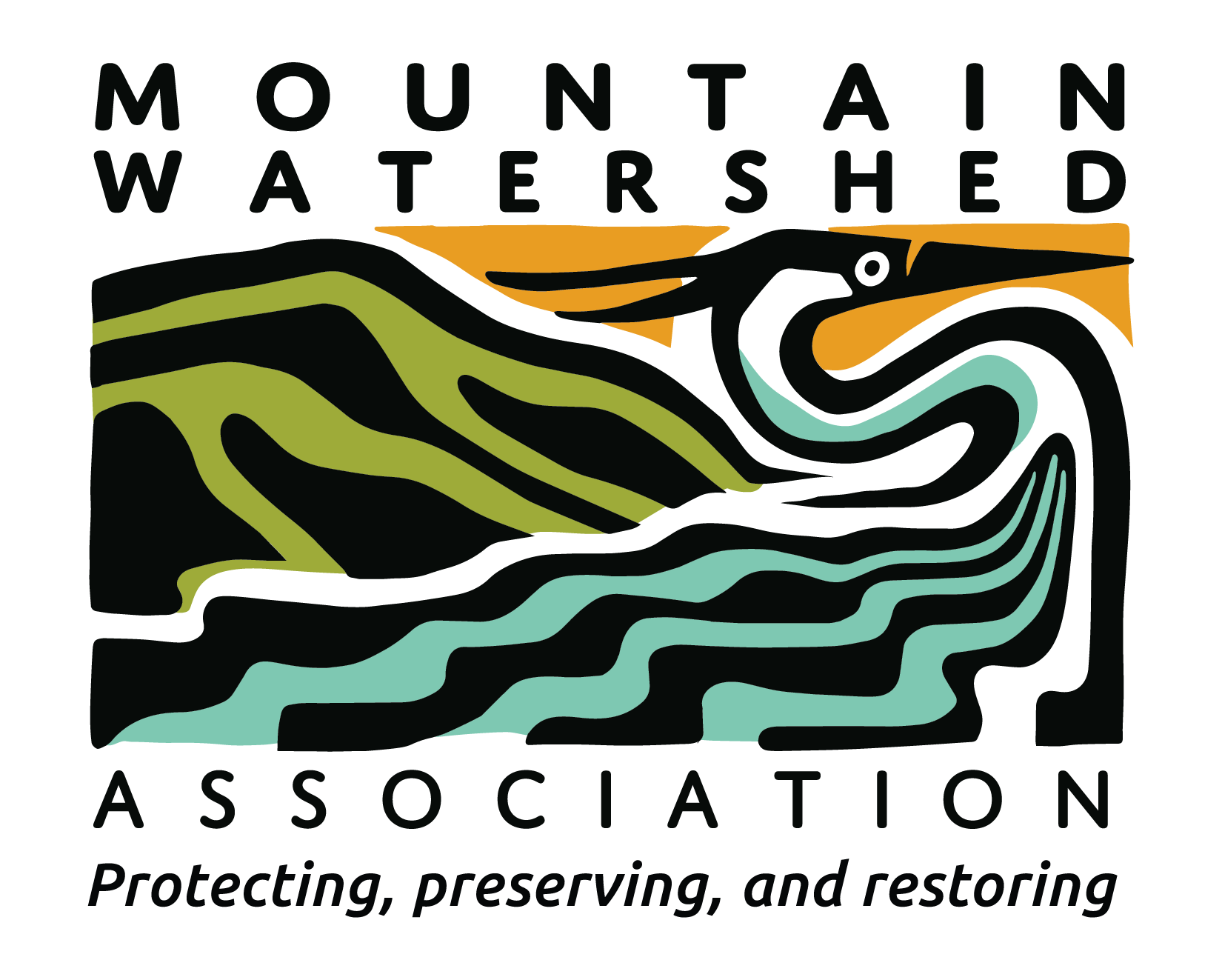In Coudersport, Pennsylvania, Seneca Nation has been rallying to protect the headwaters of the Allegheny River – known to the Senecas as the Ohi:yo’ to mean “beautiful waters”. Since June 2017, Epiphany Water Solutions – a Pittsburgh-based company – has been meeting with the Coudersport Area Municipal Authority (CAMA) to discuss plans to build a fracking wastewater treatment plant in the municipality. If permitted, Epiphany would be allowed to release thousands of gallons of “treated” fracking wastewater into the pristine headwaters of the Allegheny River. Recently, as a result of the organizing efforts of Seneca Nation, the Coudersport Borough Council rejected the proposed project, voting 5-1 against the treatment plant. The Borough will write a letter to CAMA suggesting that they do not approve the project. However, CAMA and PA DEP will ultimately decide whether to allow the project to move forward.
Like in Coudersport, the fight against fracking wastewater treatment and disposal facilities has been picking up speed across the state, especially in Southwestern Pennsylvania. As the natural gas industry continues to expand, the industry is struggling to find ways to dispose of their flowback wastewater. The full chemical composition of this wastewater is not fully understood, which makes properly treating it nearly impossible. Current studies have shown that the wastewater often contains high levels of salt, various organic and inorganic chemicals, biocides, heavy metals, and radioactive materials. Recent research out of the University of Texas also found that contaminated water near drilling sites contained increased levels of dangerous bacteria that are particularly difficult to kill with chlorination, disinfectants, and antibiotics.
Despite questions about the safety of this flowback water, state and federal agencies have moved forward with permitting fracking wastewater disposal and treatment facilities, putting nearby communities – many of which are in or near the Youghiogheny Watershed – at risk from exposure to concentrated levels of these contaminants.
For instance, In Mount Pleasant, Westmoreland County, Reserved Environmental Services operates a fracking wastewater “recycling” facility that can process 30,000 barrels per day with a 238,000 barrel storage impoundment on site. In nearby Yukon, MAX Environmental Solutions operates a hazardous waste disposal facility that accepts oil and gas residual waste, including flowback water. Both of these facilities have received complaints from nearby residents worried about their health and safety yet little or no action has been taken by DEP to address these concerns.
Meanwhile, in Plum, Allegheny County, US EPA recently approved a fracking wastewater injection well despite significant public opposition, including a hearing where 200+ residents packed the room in opposition to the project. The proposed injection well is still awaiting DEP permits, but if approved, it will allow Penneco Environmental Solutions to dispose of as many as 54,000 barrels per month into the site.
Similarly, in Luzerne Township, Fayette County, residents have been opposing a 5-million gallon fracking waste tank farm that would allow Chevron Appalachia to dispose of untreated fracking wastewater in uncovered tanks just hundreds of feet away from the farms and homes. Plans for the facility also include several pipelines to pump the wastewater directly from well pads to the tank farm, with little to no monitoring of the radiation, heavy metals, and other contaminants flowing through the pipes.
“The radioactive water in those tanks will evaporate and end up on the grass that all of my cattle eat. Let me ask you – would you want to eat the meat coming from those cows? How can I sell that meat in good conscience?”, said Jim Porter, a nearby farmer who has been active in opposing the fracking waste tank farm. Porter is concerned about the impacts of the proposed tank farm on his family’s health and livelihood.
Despite hearing dozens of concerns from potentially impacted residents at their last hearing, the Fayette County Zoning Hearing Board still granted the special exception needed for the facility to be built. The community is waiting for the final resolution from the Board to see if they will impose conditions on the tank farm, such as requiring them to cover the exposed fracking wastewater tanks.
Each one of these battles highlights the risks our regulatory agencies are taking by allowing the unconventional oil and gas industry to expand without a proper understanding of the impact on our health and our ecosystems. By attempting to recycle, treat, and dispose of fracking wastewater without knowing its true toxicity, the industry is gambling with the health and safety of those who live nearby.
Mountain Watershed Association will continue to support residents fighting for their rights to clean water and a livable environment throughout the Youghiogheny watershed and beyond. Meanwhile, we applaud the organizing efforts of impacted communities, such as the Seneca Nation of Indians, in standing up to protect the waterways that we all depend upon. In the end, we’re all downstream.

